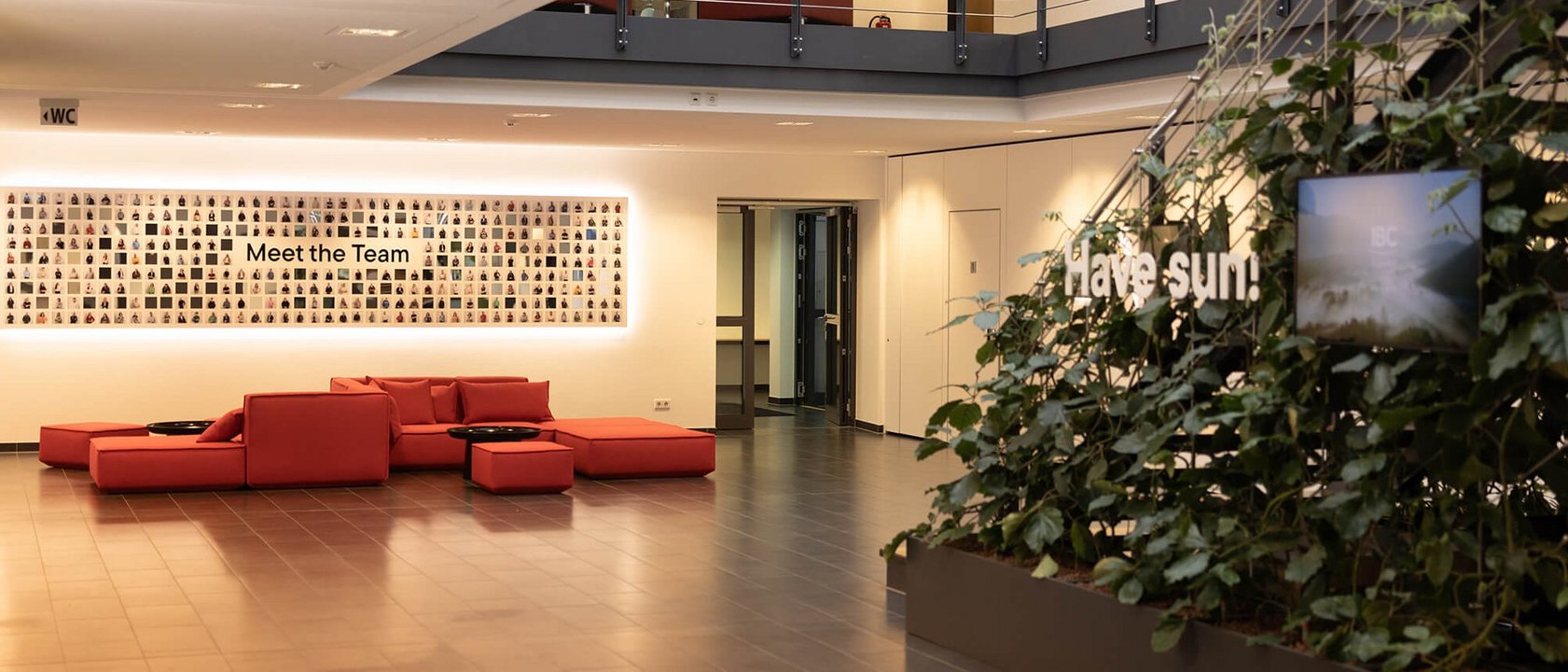Press Contact
The IBC SOLAR Blog
Here you will find interesting articles and comments on the topics of solar energy generation, product innovations, solar law and much more.

Press Service
Here you will find interesting articles and comments on the topics of solar energy generation, product innovations, solar law and much more.